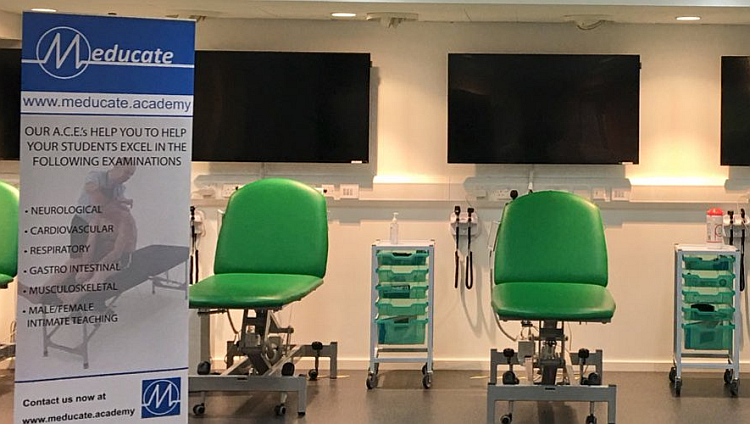The Importance Of Feedback From The Physician Associate Student
In my last post The Associated Clinical Educators Role In Providing Feedback To Student Clinicians, I talked about the importance of feedback to the Physician Associate student and how an…
